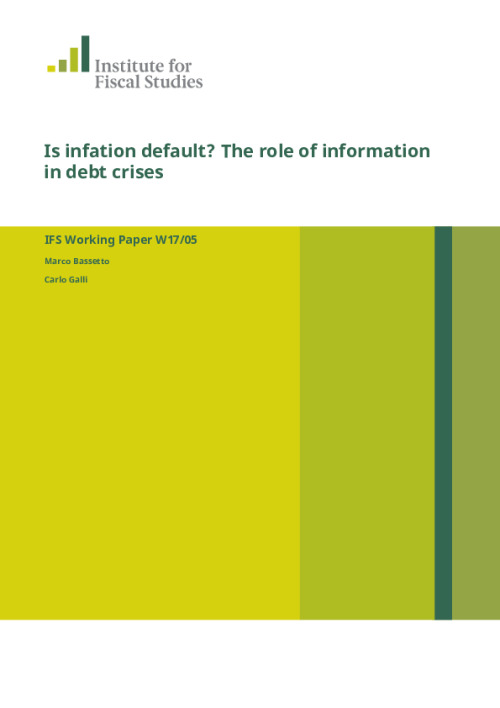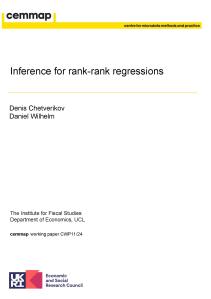We consider a two-period Bayesian trading game where in each period informed agents decide whether to buy an asset ("government debt") after observing an idiosyncratic signal about the prospects of default. While second-period buyers only need to forecast default, first-period buyers pass the asset to the new agents in the secondary market, and thus need to form beliefs about the price that will prevail at that stage. We provide conditions such that coarser information in the hands of second-period agents makes the price of debt more resilient to bad shocks not only in the last period, but in the first one as well. We use this model to study the consequences of issuing debt denominated in domestic vs. foreign currency: we interpret the former as subject to inflation risk and the latter as subject to default risk, with inflation driven by the information of a less-sophisticated group of agents endowed with less precise information, and default by the information of sophisticated bond traders. Our results can be used to account for the behavior of debt prices across countries following the 2008 nancial crisis, and also provide a theory of "original sin."











